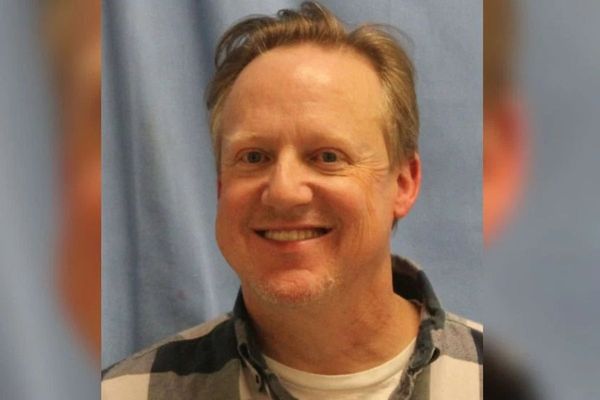
A Utah judge has handed Democrats a win in the continuing national fight over voting districts by ordering a new map that creates a House seat in a Democratic-leaning area, in a state where Republicans currently control all four positions.
The judge, Dianna Gibson, ruled just before a midnight deadline on Monday that a revised map submitted by the Republican-controlled state legislature “unduly favors Republicans and disfavors Democrats”, throwing out lawmakers’ second attempt to draw districts.
Instead, Gibson approved an alternative proposal drawn by the League of Women Voters of Utah and Mormon Women for Ethical Government. It consolidates Salt Lake county – which includes the state’s largest city – largely within a single district, rather than dividing the Democratic-voting population center among all four seats.
The decision is a setback for Republicans in what they had assumed was secure territory, and breathes new life into Democrats’ attempts to reclaim the House of Representatives in next year’s midterm elections. Democrats need to flip just three seats nationally to gain control of the chamber from the Republican majority.
The Utah ruling lands in the middle of a nationwide battle over congressional maps, sparked by Donald Trump’s push for Republican-led states to redraw their congressional maps early, in the middle of a decade, as opposed to the previous norm of doing so after a census, which typically occur at the end of a decade.
Republicans have already locked in advantages in nine seats across Texas, Missouri, North Carolina and Ohio. They have more potential gains looming in Indiana, Kansas, Florida and Louisiana. Democrats have mounted their own counteroffensive, with California voters last week overwhelmingly backing a ballot measure that could hand the party five additional seats. Virginia’s Democratic-controlled legislature is also moving on a plan that could yield two or three more seats for the party.
Utah’s redistricting saga centers on a 2018 ballot measure that voters passed to stop politicians from rigging district boundaries to favor their own party, known as gerrymandering. Gibson first struck down Utah’s congressional map in August, ruling that legislators had circumvented the anti-gerrymandering requirements when they adopted districts after the 2020 census.
The replacement map that Republicans then passed would have kept their grip on all four districts, though making two slightly more competitive. Gibson ruled this still didn’t meet legal standards.
Matt MacPherson, a Republican state representative, denounced the ruling as “a gross abuse of power” and announced he would pursue impeachment proceedings against Gibson. Republicans argue the judge has no legal authority to impose a map that lawmakers haven’t approved. Gibson argued in her decision that she had a duty to ensure a lawful map was in place before the deadline for preparing the 2026 ballot.
The newly redrawn district has already sparked a wave of interest from Democratic politicians hoping to run there. Ben McAdams, a former congressman, who lost his seat in 2020 and remains the only Democrat to represent Utah in federal office this century, is widely expected to announce his candidacy. No Democrat has served in Utah’s congressional delegation since McAdams left office in January 2021.
On Tuesday the House minority leader, Hakeem Jeffries, praised the decision. “Donald Trump and his corrupt sycophants are working overtime to gerrymander,” he said, but now “Democrats are fighting back – and we are winning.”
He added: “The court correctly enacted a fair map that reflects the geographical composition of Salt Lake county instead of the current map that deliberately cracks communities of interest to artificially hand Republicans complete control of the congressional delegation.”
Democrats are “ready to respond forcefully in the weeks ahead” in Illinois, Virginia, New York and Maryland, along with other gerrymandered maps including North Carolina, and will “aggressively contest” the map in Missouri during the spring referendum, he said.
Meanwhile, Republican activists across Utah were working to kill the 2018 anti-gerrymandering law altogether, gathering signatures for a ballot measure to scrap it in 2026, though Punchbowl News reports that the party has since abandoned the campaign. Even if it did succeed, Gibson’s ruling will control Utah’s congressional districts for the 2026 election cycle.
Democrats in the Utah state legislature issued a joint statement celebrating the ruling. “This is a win for every Utahn,” they said. “We took an oath to serve the people of Utah, and fair representation is the truest measure of that promise.”







